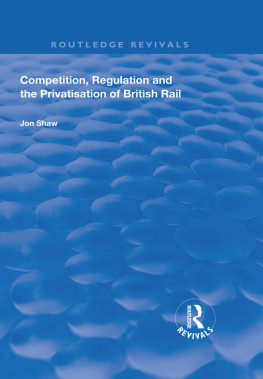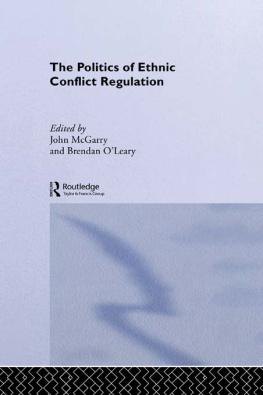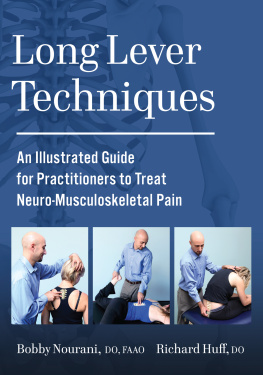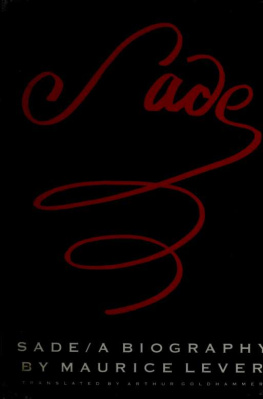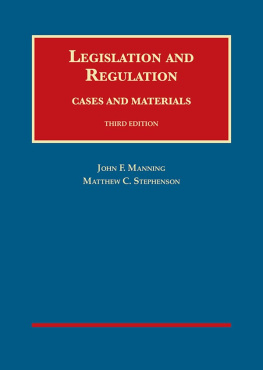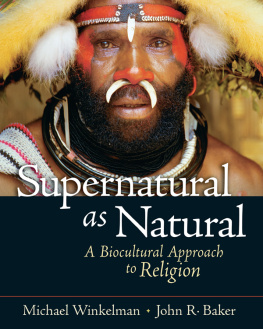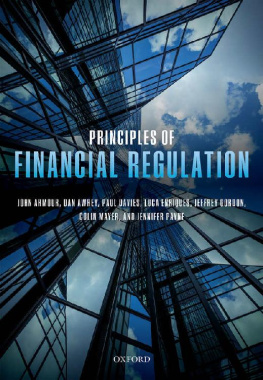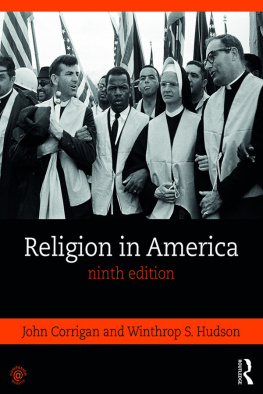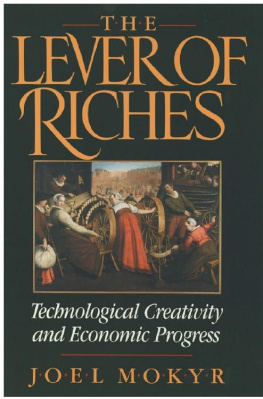John Lever - Religion, regulation, consumption
Here you can read online John Lever - Religion, regulation, consumption full text of the book (entire story) in english for free. Download pdf and epub, get meaning, cover and reviews about this ebook. year: 2018, publisher: Manchester University Press, genre: Politics. Description of the work, (preface) as well as reviews are available. Best literature library LitArk.com created for fans of good reading and offers a wide selection of genres:
Romance novel
Science fiction
Adventure
Detective
Science
History
Home and family
Prose
Art
Politics
Computer
Non-fiction
Religion
Business
Children
Humor
Choose a favorite category and find really read worthwhile books. Enjoy immersion in the world of imagination, feel the emotions of the characters or learn something new for yourself, make an fascinating discovery.

- Book:Religion, regulation, consumption
- Author:
- Publisher:Manchester University Press
- Genre:
- Year:2018
- Rating:3 / 5
- Favourites:Add to favourites
- Your mark:
- 60
- 1
- 2
- 3
- 4
- 5
Religion, regulation, consumption: summary, description and annotation
We offer to read an annotation, description, summary or preface (depends on what the author of the book "Religion, regulation, consumption" wrote himself). If you haven't found the necessary information about the book — write in the comments, we will try to find it.
Religion, regulation, consumption — read online for free the complete book (whole text) full work
Below is the text of the book, divided by pages. System saving the place of the last page read, allows you to conveniently read the book "Religion, regulation, consumption" online for free, without having to search again every time where you left off. Put a bookmark, and you can go to the page where you finished reading at any time.
Font size:
Interval:
Bookmark:


| dhabh | Islamic ritual slaughter |
| glatt | a Yiddish word meaning smooth (but also used to refer to a stricter standard of kosher) |
| hadith | traditions concerning the life and works of the Prophet Muhammad |
| halacha | kosher law |
| haram | unlawful or forbidden |
| hechsher | a rabbinical product certification (a stamp or logo) |
| kashrut | Jewish religious dietary laws |
| makruh | detestable |
| mashbooh | doubtful |
| shechita | Jewish ritual slaughter |
| shochet | qualified Jewish slaughterer: pl. shochetim |
| shomer | Jewish legal guardian: pl. shomerim |
| sunnah | the life, actions and teachings of the Prophet Muhammad |
| ulama | literally, those who know the law |
| ummah | the community of Muslims |
| BSE | Bovine Spongiform Encephalopathy |
| CRC | Chicago Rabbinical Council |
| DIT | Det Islamiske Trossamfund (Islamic Faith Community) |
| GMO | Genetically Modified Organisms |
| HFA | Halal Food Authority |
| HFCE | Halal Food Council of Europe |
| HMC | Halal Monitoring Committee |
| ICCOS | Islamic Cultural Center of Scandinavia |
| IFANCA | Islamic Food and Nutrition Council of America |
| ISO | International Standards Organization |
| JAKIM | Islamic Development Department of Malaysia |
| KOF-K | Kosher Certification and Supervision |
| LBS | London Board for Shechita |
| MBD | Manchester Beth Din |
| MFR | Muslim Joint Council (Muslimernes Fllesrd) |
| MH | Machzikei Hadass (Manchester) |
| MK | Manchester Kashrus |
| MSB | Manchester Shechita Board |
| MUI | Majelis Ulama Indonesia (Indonesian Ulema Council) |
| MUIS | Islamic Religious Council of Singapore |
| OU | Orthodox Union |
| RSPCA | Royal Society for the Prevention of Cruelty to Animals |

Font size:
Interval:
Bookmark:
Similar books «Religion, regulation, consumption»
Look at similar books to Religion, regulation, consumption. We have selected literature similar in name and meaning in the hope of providing readers with more options to find new, interesting, not yet read works.
Discussion, reviews of the book Religion, regulation, consumption and just readers' own opinions. Leave your comments, write what you think about the work, its meaning or the main characters. Specify what exactly you liked and what you didn't like, and why you think so.

